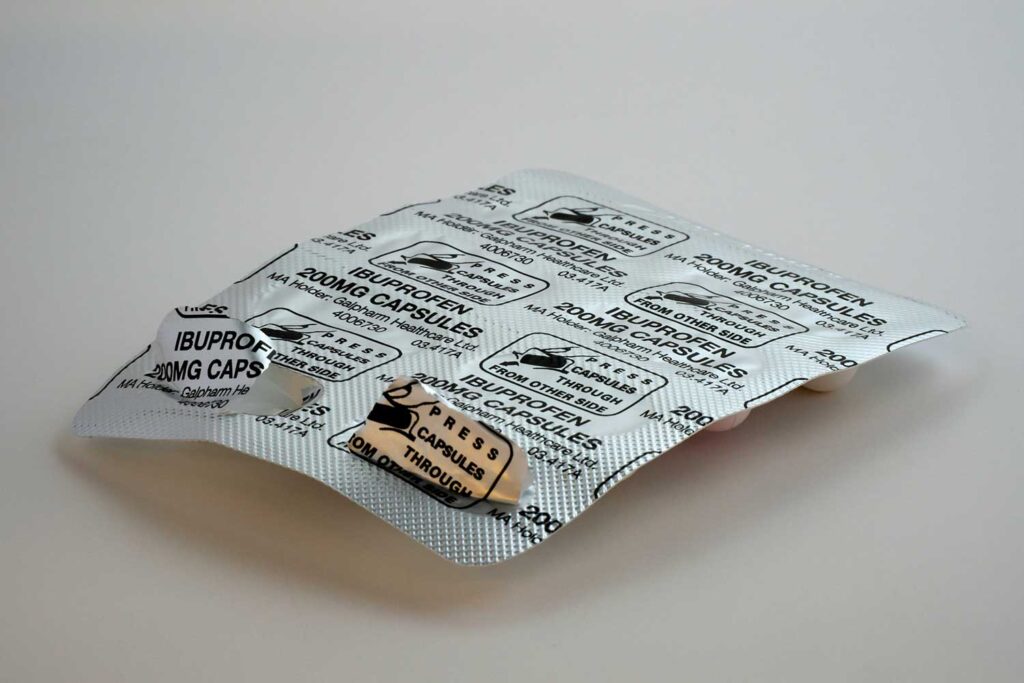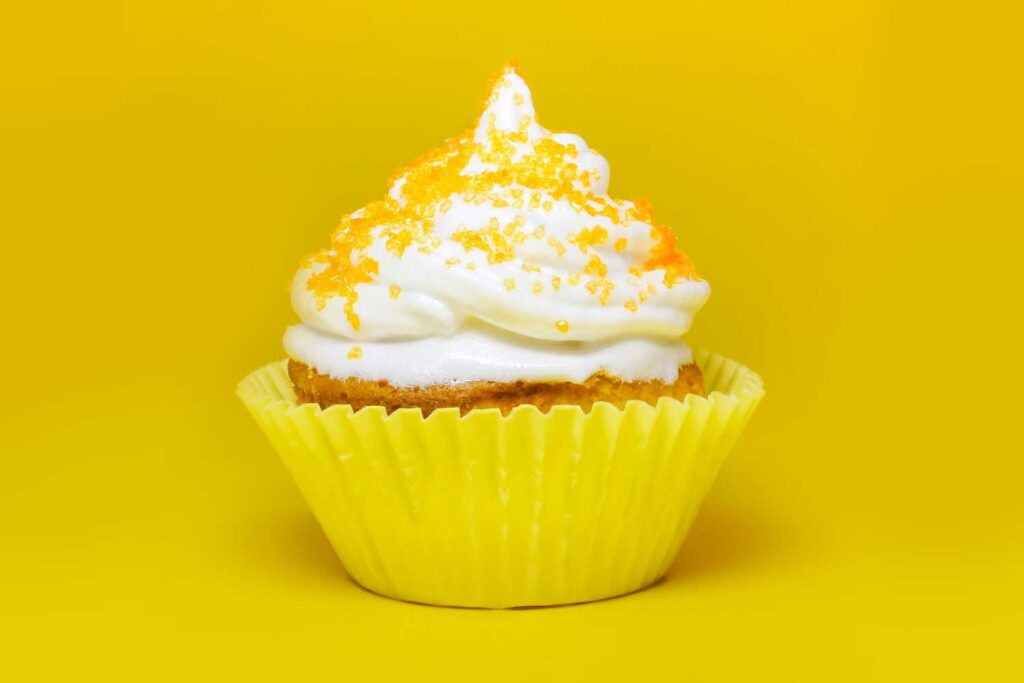Does Weed Cause Muscle Tension?

If you notice that your muscles are tense when you’re high, you’re not alone. Many cannabis enthusiasts are posting in various Reddit forums, trying to find out why this happens. At the same time, experts will tell you that weed does the exact opposite. So, does weed cause muscle tension or not? Here’s what we know.
Photo: Pexels
Can Weed Cause Muscle Tension?
Muscle tension has a variety of causes.
Healthline says some of the causes of muscle tension include:
- Bacterial and viral infections
- Dehydration
- Stress
- Chronic fatigue syndrome
As you can see, weed isn’t one of the causes. That’s because weed is typically a muscle relaxer.
According to a 2022 review, “In general, data support a role for cannabis/cannabinoids in pain, seizure disorders, appetite stimulation, muscle spasticity, and treatment of nausea/vomiting.”
Muscle spasticity refers to muscle tension. The 2022 review is saying that evidence shows that weed may alleviate muscle tension, not cause it.
However, since people are known to experience marijuana differently, some cannabis enthusiasts report muscle tension after using weed.
Dr. Steve Vlach, Family Physician at Ozark MMJ Cards, explains.
“The overall effect of cannabis leans towards muscle relaxation rather than tension; however, this is quite dependent on the individual and the amount used. Others might experience increased tension or discomfort if they consume too much cannabis or consume a specific strain of cannabis.”
So, if you notice muscle tension after smoking, consider consuming less weed or just switching strains.
If you’re looking for strains that won’t cause your muscles to tense up, anecdotal evidence says weed strains with caryophyllene, limonene, and pinene could work.
In the meantime, Healthline recommends applying a warm compress and a little yoga if your muscles are tense.
Does Weed Affect Muscle Growth?
When you think of muscle growth, you probably picture fitness enthusiasts spending countless hours in the gym lifting weights.
Medical News Today says strength training and cardio could increase muscle, so the gym enthusiasts were on to something.
However, the jury is out on whether or not weed affects muscle growth.
Dr Vlach tells us, “The impact of weed is a bit complex when it comes to muscle growth. There’s no conclusive evidence directly linking cannabis use to impaired muscle growth. However, it might indirectly affect muscle development through aspects like altered sleep patterns, changes in diet, or motivation levels, which are all crucial for muscle growth.”
Let’s explore these points.
Muscle Growth and Sleep
As Dr. Vlach points out, sleep could affect your muscle growth.
A 2011 study believes that lack of sleep could cause muscle loss and hinder muscle recovery. That’s because a sleep debt “decreases the activity of protein synthesis pathways and increases the activity of degradation pathways.”
However, a 2014 study says, “Sleep is considered essential for muscle recovery, mainly due to its effect on hormone secretion. Total sleep deprivation or restriction is known to alter not only blood hormones but also cytokines that might be related to skeletal muscle recovery.”
But, simultaneously, the study concludes that total sleep deprivation after eccentric exercise-induced muscle damage (EEIMD) doesn’t affect muscle strength recovery.
So, what does this have to do with weed?
As Dr Vlach says, weed may affect muscle recovery indirectly.
If weed helps you get a good night’s sleep, it can indirectly affect muscle growth. While there are conflicting studies on sleep and muscle loss and recovery, we know that lack of sleep can cause stress, which is a no-no for your muscles.
A 2014 study shows that stress causes muscle breakdown and decreases muscle strength.
Medical News Today also says while sleep is vital for muscle building, so is rest.
“Rest plays an integral part in building muscle. By not letting each of the muscle groups rest, a person will reduce their ability to repair. Insufficient rest also slows fitness progression and increases the risk of injury.”
Muscle Growth and Diet
The food you eat has an impact on your ability to build muscle.
Healthline says you must consume more protein than your body removes to grow muscle.
“To gain muscle, you need to provide your body with appropriate amounts of calories and nutrients, particularly protein. Doing so will support the creation of new muscle proteins from the dietary protein you eat, which will be stimulated by the work you do in the weight room.”
At the same time, Healthline says eating more than 300-500 calories daily could increase fat.
According to Healthline, foods that can help you build muscle include:
- Tofu
- Milk
- Almonds
- Beans
- Turkey breast
- Tilapia
- Eggs
- Tuna
- Greek yogurt
So, what does all of this have to do with weed?
Well, if you have a low appetite, weed can improve your appetite and help you eat the necessary calories to build muscle.
On the other hand, if munchies make you gravitate towards chips, soda, candy, and other similar foods, you may consume more calories than recommended and not meet your muscle growth goals.
Muscle Growth and Motivation
There’s a reason why people who want to build muscle are in the gym consistently: it takes patience and time. Therefore, you’ll need motivation if you’re interested in muscle growth.
Let’s talk about motivation for a minute.
GCF Global says that dopamine is the most important neurotransmitter for motivation.
Weed affects our dopamine levels; therefore, in theory, weed can affect our motivation.
Long-term consumption of weed could negatively affect your dopamine, even though consuming weed can spike dopamine.
A 2016 review article says, “Acute THC administration causes increased dopamine release and neuron activity, whereas long-term use is associated with blunting of the dopamine system.”
However, the actual link between weed and motivation is not as clear-cut.
People who consume marijuana heavily are more likely to agree that weed negatively affects their motivation than people who enjoy weed only occasionally. This is according to a 2018 study.
However, other factors, such as baseline motivation, were not examined.
A 2018 longitudinal study said that consuming weed is linked to lower initiative and persistence. Naturally, those conditions would not be great for muscle building.
Science does not conclude that weed definitively makes you unmotivated; however, we don’t recommend lifting weights when high.
Can You Smoke Weed on Muscle Relaxers?
If you’re prescribed a muscle relaxer, you are probably experiencing certain conditions, such as muscle tightness, muscle spasms, and pain.
If you also consume weed, you may be wondering whether or not you can mix them.
Vlach says to be careful.
“Smoking weed while on muscle relaxers is a topic that requires caution. Both substances can depress the central nervous system, potentially leading to increased sedation or other side effects. It’s always best to consult with a healthcare provider before mixing any form of medication with cannabis.”
Does Weed Help Muscle Tension?
There is no concrete evidence that weed helps or hurts muscle recovery.
Vlach tells us, “As for aiding in muscle recovery, some individuals report that cannabis helps with muscle soreness and inflammation post-exercise. However, this is mostly anecdotal, and more research is needed to understand its effectiveness and safety fully.”
If you don’t think weed helps with your muscle recovery, here are some science-backed ways to encourage muscle recovery, according to Healthline:
- Stay hydrated
- Eat protein before and after the workout
- Get a massage
- Get a good night’s rest
- Try supplements
In addition, Healthline says to avoid alcohol and tobacco.
Takeaway
Does weed cause muscle tension? You experience muscle tension after smoking weed; however, consuming weed is usually associated with muscle relaxation. In addition, weed may indirectly help or hinder muscle growth. Ask your doctor before mixing weed and muscle relaxers. Finally, there is no concrete evidence that weed helps muscle recovery, but some people say it does. Besides weed, there are several ways to recover that you can implement easily.












